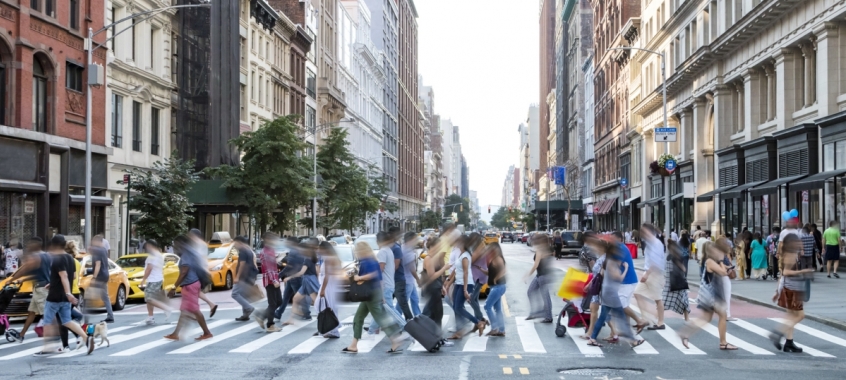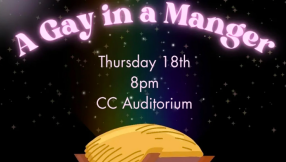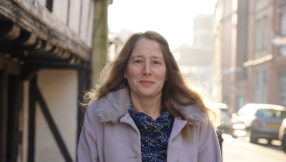
Three years after a national racial reckoning that followed the death of George Floyd — and 60 years after the March on Washington — Americans remain divided on issues of race and discrimination. That's especially true for religious groups, according to newly released data from the Pew Research Center.
In April, Pew asked Americans which was the bigger problem facing the country when it comes to matters of race: People overlooking racism when it exists or seeing racism in places where there is none.
Overall, just about half (53%) of Americans said people not seeing discrimination where it does exist was a bigger problem. Just under half (45%) said people seeing discrimination where is does not exist is the bigger issue.
Among religious groups, however, white Christians are most likely to say claims about non-existent racial discrimination is the biggest problem, including majorities of white Evangelicals (72%), white Catholics (60%) and white Mainline Protestants (54%), according to data provided to Religion News Service from Pew Research.
Few Black Protestants (10%), unaffiliated Americans (35%) or non-Christian religious Americans (31%) agreed.
Conversely, Black Protestants (88%), non-Christian religious Americans (69%), unaffiliated Americans (64%) and Hispanic Catholics (60%) were more likely to say that people not seeing racism when it exists is the bigger problem. Fewer white evangelicals (27%), white Mainline Protestants (44%) and white Catholics (39%) agreed.
While a majority of unaffiliated Americans, also known as Nones, say that not seeing racism is the bigger problem, there were differences when it came to race, according to Pew.
"Among White unaffiliated adults, 61% say people not seeing racial discrimination where it does exist is the larger problem for the country, while 39% say the opposite," a Pew spokesperson said in an email. "Among Non-White unaffiliated adults, 71% say overlooking racial discrimination is the bigger issue, compared with 29% who give the opposite answer."
Divides over issues of race have heated up among American Christians in recent years, as the so-called woke war has pitted those who do believe systemic racism is an ongoing issue against those who don't. That divide has fueled conflicts in the Southern Baptist Convention and other evangelical groups, led to feuds in local churches and Christian colleges, become a major debate during school board meetings and been a major talking point in the current race for U.S. president. The issue of race also led to concerns about the rise of white Christian nationalism in churches.
Pew's study suggests those divides are unlikely to go away.
Overall, more than half of White Americans (54%) said people seeing non-existent racism was the bigger problem. Eighty-eight percent of Black Americans, along with 58% percent of Hispanic Americans and 66% of Asian Americans, say people not seeing racism when it exists is the bigger problem.
Most Republicans and those who lean Republican (74%) said that people seeing non-existent racism is a bigger problem, while 80% of Democrats say the bigger problem is people not seeing racism that exists.
A similar survey in 2019 found that 57% of Americans said that not seeing racism is the bigger problem, while 42% said that seeing non-existent racism is the bigger problem.
© Religion News Service













